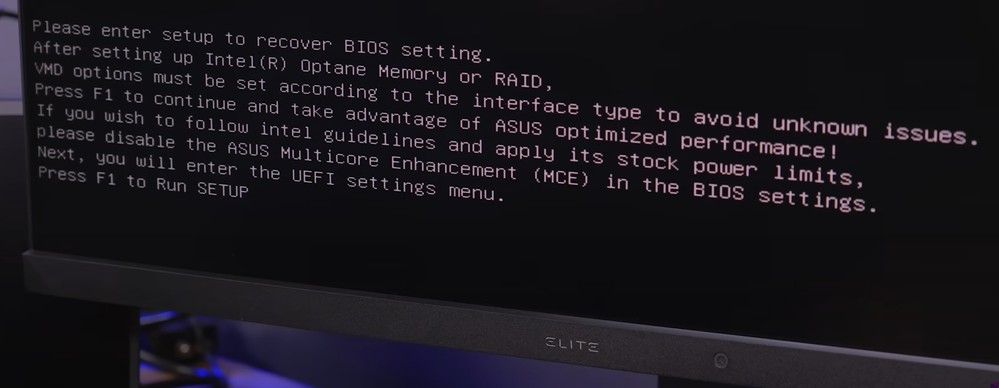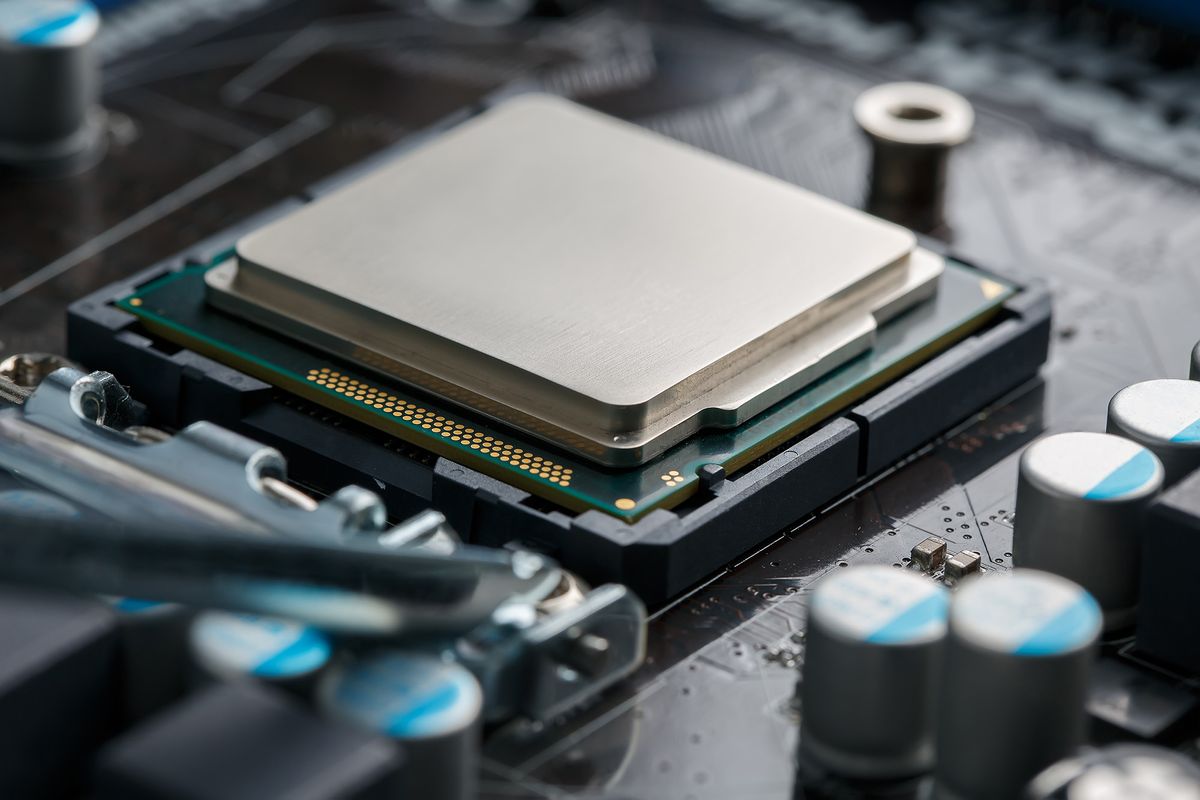
Intel has faced significant challenges this year with its 13th- and 14th-generation Core CPUs, stemming from a production error that resulted in high voltages and temperatures. This issue has led to crashes for users and permanent damage to the processors, ultimately affecting their overall lifespan.
Nearly two months after the company pledged to investigate the problem and implement solutions, Intel has now identified another root cause of the overheating issue. While minor BIOS updates have already been released, this recent discovery marks a crucial step forward in addressing the ongoing concerns.
Understanding the Causes of Intel CPU Damage
The root of the problem lies in a phenomenon known as “Vmin shift instability,” which refers to an unexpected increase in the minimum operating voltage. This instability has resulted in frequent crashes and error messages that many Core CPU owners have experienced throughout the year. The challenge in resolving this issue lies in the fact that Vmin shift can occur for various reasons, complicating the investigation process.
In yesterday’s announcement, Intel revealed that its extensive research has identified a potential final cause of Vmin shift instability in its Core CPUs. Here’s a summary of the identified causes and corresponding fixes:
- Motherboard Power Delivery Settings: Exceeding Intel’s power guidance.
- Mitigation: Adopting Intel’s Default Settings recommendations for 13th and 14th Gen desktop processors.
- eTVB Microcode Algorithm: Allowing Core i9 desktop processors to function at higher performance states despite elevated temperatures.
- Mitigation: Microcode update 0x125 (June 2024) addresses the eTVB algorithm issue.
- Microcode SVID Algorithm: Requesting high voltages at a frequency and duration that can lead to Vmin shift.
- Mitigation: Microcode update 0x129 (August 2024) addresses the high voltage requests.
- Microcode and BIOS Code: Requesting elevated core voltages, particularly during idle or light activity.
- Mitigation: Intel is releasing microcode 0x12B, which combines updates 0x125 and 0x129 to tackle elevated voltage requests.
Intel assures users that the performance of processors should remain unchanged following the BIOS update; however, it cautions that CPUs may still experience normal fluctuations. Unfortunately, if your CPU has already been affected by Vmin shift, the BIOS update will not reverse the damage, as it is irreversible. These patches are designed to protect unaffected CPUs moving forward.
In light of previous criticisms, Intel has extended the warranty for some CPUs to five years, so users should take advantage of this offer if applicable.
How to Obtain the BIOS Update
Intel reports that the microcode patch is currently being distributed to motherboard manufacturers, who will then provide BIOS updates to their users. This process may take several days to weeks, depending on the manufacturer. Users are advised to regularly check their motherboard manufacturer’s support pages for the appropriate BIOS update download.




